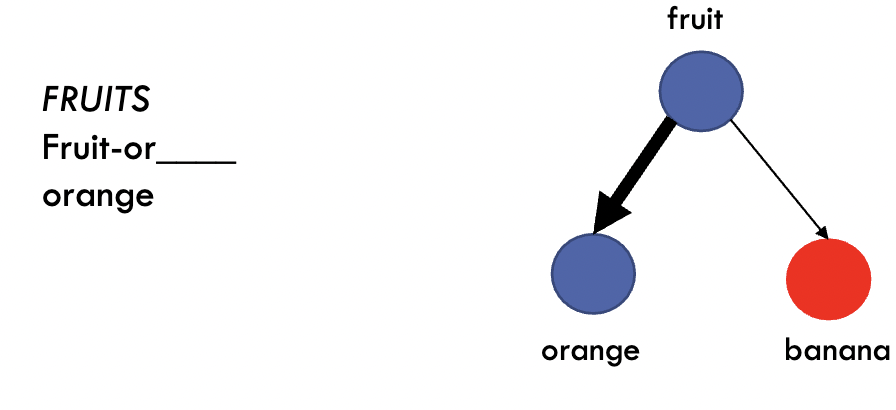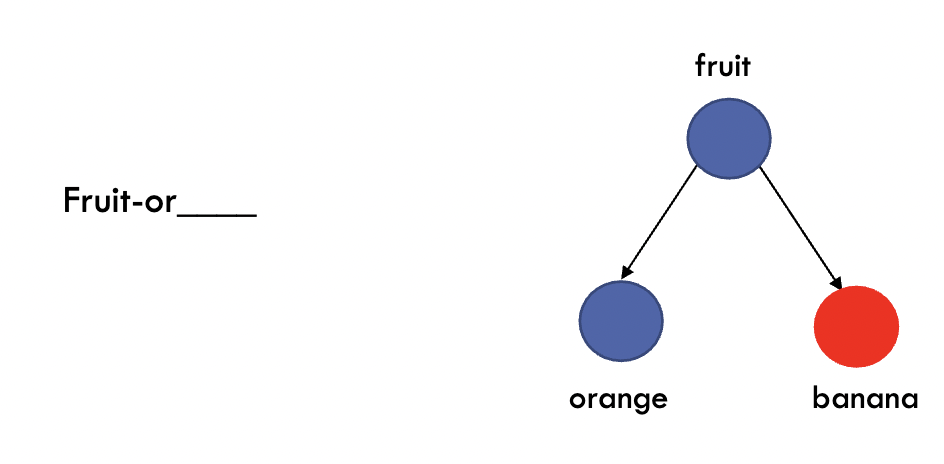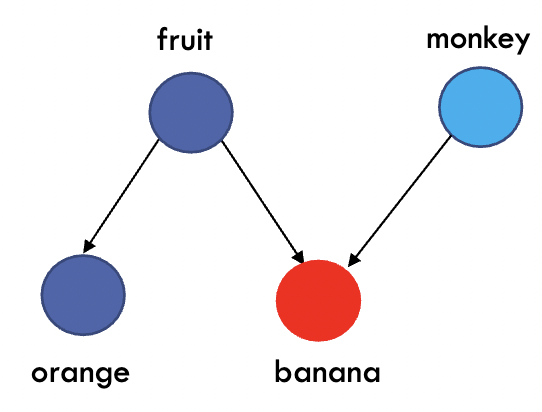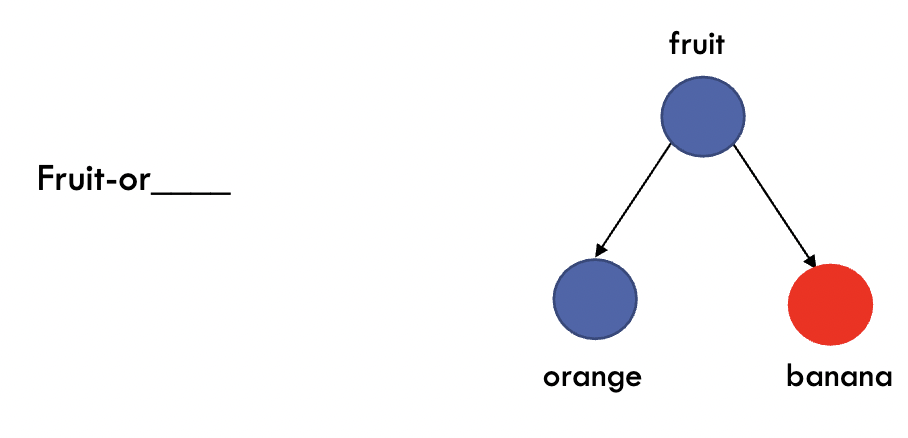Lecture 8 & 9: Forgetting & Amnesia
1/54
There's no tags or description
Looks like no tags are added yet.
Name | Mastery | Learn | Test | Matching | Spaced |
|---|
No study sessions yet.
55 Terms
Schacter’s 7 Sins of Memory
Problems of omission (forgetting): transience, absent-mindedness, blocking
Problems of commission: misattribution, suggestibility, bias, persistence
Transience (Schacter’s 7 Sins of Memory)
a problem of omission; refers to the decreasing accessibility of information over time due to decay over time (example: “I used to be able to do calculus)
Absent-mindedness (Schacter’s 7 Sins of Memory)
a problem of omission; refers to memory failure due to inattention at the time of encoding involving a breakdown between attention and memory (example: “Where did I put my keys”)
Blocking (Schacter’s 7 Sins of Memory)
a problem of omission; temporary inaccessibility of information that is stored in memory due to interference (example: …tip of my tongue)
Misattribution (Schacter’s 7 Sins of Memory)
a problem of commission; refers to attributing a memory or idea to the wrong source (example: “How could you not know the news? You’re the one who told me.”)
Suggestibility (Schacter’s 7 Sins of Memory)
a problem of commission; refers to implanted memories that result from suggestion or misinformation (example: remembering what someone told you instead of the event itself)
Bias (Schacter’s 7 Sins of Memory)
a problem of commission; refers to retrospective distortions produced by current knowledge, beliefs, and feelings (example: “that summer I had to commute 2 hours to school from home was actually kind of enjoyable”)
Persistence (Schacter’s 7 Sins of Memory)
a problem of commission; refers to intrusive or pathological remembering of events (example: “I wish I hadn’t watched Black Mirror, I can’t sleep because it’s all I can think about”)
Tip-of-the-tongue state
a state in which one cannot quite recall a familiar word but can recall words of similar form and meaning
Information is available but not accessible
Feeling of Knowing
A metacognitive sense that you’ll be able to retrieve information later, even if you can’t recall it right now; reflects confidence in future recognition, not current recall
Information is available but not accessible
Cued vs. Uncued Recall
Uncued Recall (free recall): retrieving information without any prompt or hint (searching your memory without direction, so it’s harder to know where to look)
Cued Recall: given a specific cue or prompt that helps narrow the search (activates related memory traces, making it easier to find the target info)
Incidental forgetting
forgetting refers to forgetting that happens unintentionally, without a specific instruction or intention to forget
Intentional forgetting
refers to the active conscious effort and control individuals exert to suppress or reduce the recall of unwanted or irrelevant information.
Motivated forgetting
the idea that people can block out, or forget, upsetting or traumatic memories, because there is a motivation to do so
Psychogenic amnesia
refers to the sudden loss of autobiographical memory and personal identity, and it is commonly precipitated by a traumatic event, severe stress, or depression. Individuals are often unaware of their previous lives and unconcerned about their amnesic condition
Passive reasons for incidental forgetting
Decay: memory trace either fades/degrades with the passage of time
Contextual fluctuations: changing context can lead to the use of inappropriate cues
Interference: occurs when a cue has multiple links/competitors
Retroactive Interference
newly encoded information interferes/blocks old information; retroactive interference increases with increasing practice of new information
Proactive Interference
occurs when old information or knowledge interferes with the learning of new information
Associative blocking (Part-set Cueing & Retrieval-Induced Forgetting)
retrieving items strengthens their connection to the cue making them a stronger competitor

Inhibition (Part-set Cueing & Retrieval-Induced Forgetting)
activity level of competitors is actively inhibited to prevent interference

Cue Independence (Property of retrieval-induced forgetting)
the tendency for forgetting caused by inhibition to generalize to novel test cues on the independent probe test (e.g. monkey - b__ for banana; the trace of the competitor itself is affected, not the association between the cue and the competitor

Interference Dependence
Interference by competitors during retrieval of targets is necessary for retrieval-induced forgetting of those competitors to occur; high-frequency competitors (fruit-banana) pose greater competition than low-frequency competitors (fruit-guava) are more likely to be inhibited than vice versam

Strength Independence
retrieval-induced forgetting is observed when there is no association between the cue and target as long as there is interference from a competitor
Attention Dependence
Dividing attention reduces impairment of unpracticed items; during retrieval of a target, competitors are only inhibited if attentional control is available to suppress those distracting memories
Reduced attention during retrieval reduces inhibition afterward
Item-method directed forgetting
participants study individual items and are then instructed to either remember or forget each item; observed on recall, recognition, and implicit tests likely due to lack of encoding
2 Possible explanations for item-method directed forgetting (occurs during encoding)
Forgetting is passive: a remember instruction leads to elaborate rehearsal (and better memory) + a forget instruction “drops” the item from attention and memory
Forgetting is active: encoding is actively suppressed after a forget instruction
List-method directed forgetting
participants study two lists of items for a memory test. After the first list, half of them are told to forget that list because it was only for practice, or it was the wrong list, and therefore there is no need to remember those items
; forgetting IS NOT observed for recognition tasks or implicit memory tasks → forgetting likely occurs during retrieval
2 possible explanations for list-method directed forgetting (occurs at the retrieval stage)
Forgetting is passive: context shift hypothesis → different instructions cause participants to shift to a new mental context → new context acts as a poor retrieval cue
Forgetting is active: retrieval inhibition hypothesis → items from the first list are actively inhibited but remain available (but not accessible)
Suppression-induced forgetting
actively trying to prevent memory from entering consciousness impairs its later recall; linked to LEFT PFC and ACC activity (similarly to retrieval-induced forgetting)
Prefrontal activity is linked to reduced hippocampal activity during no-think trials
Amnesic Syndrome
relatively ‘pure’ cases of anterograde amnesia regardless of etiology; susceptible to interference by irrelevant information during the early stages of consolidation
Symptoms: anterograde amnesia for episodic and semantic memory, intact working memory, intact language & intelligence, intact implicit memory, damage to hippocampus & surrounding MTL
Patients with amnesic syndrome are aware of their memory deficits → patients use 3 strategies when discussing memories in their everyday lives
Memory Importation, Memory Appropriation, Memory Compensation
Memory Importation
occurs when an individual consciously or unconsciously brings a past memory into their present experience. It's like transporting a memory from the past to the present, making it feel current
Memory Appropriation
This refers to the process of adopting or claiming someone else's memory as one's own. It can involve misremembering an event that happened to someone else, or fabricating a memory based on a recollection of something someone else told you.
Memory Compensation
This involves using strategies to manage or overcome memory difficulties or losses. It can include using external aids (like notebooks or calendars), relying on others for memory tasks, or employing internal strategies like rehearsal and organization to improve memory recall
Benzodiazepines (e.g. Valium)
temporarily mimic the symptoms of anterograde amnesia; causes memory loss at high doses; amnesic effects disappear once the drug wears off but memories for the period during the drug’s active period DO NOT recover
Retrograde Amnesia (Ribot’s law)
loss of episodic memory for a period before an injury, with newer memories more affected than older ones
Post-traumatic Amnesia
amnesia can be mild/severe → mild cases typically occur when there is no permanent brain damage
Simulated Anterograde Amnesia
involve the failure to encode (or possibly retrieve) new memories
Korsakoff’s Disease
a chronic memory disorder resulting from a vitamin B1 deficiency, often caused by long-term alcohol abuse that damages the diencephalon, basal forebrain, and occasionally the frontal lobes
patients with Korsakoff’s disease tend to perform better on recognition tests
Confabulation
a problem that makes someone produce false memories about events, or the false memories themselves; patients believe their false memories while they’re telling them then forget immediately afterward
One identifying characteristic of Korsakoff’s Disease
Anosognosia
poor metamemory and are overconfident in their memory
Frontal Lobe Amnesia memory deficits
confabulations
many false alarms on recognition tests
poor source monitoring
deficits in temporal ordering
Symptoms of frontal lobe amnesia (typically accompanied by other typical frontal lobe symptoms)
Deficits planning, problem-solving, using language and emotion
Transient Global Amnesia (TGA)
sudden onset of dense anterograde and retrograde amnesia that is short-lived
Intact personality, language, attention, problem-solving, and working memory
After TGA episode is over → all of the amnesia disappears → no long-term damage to any part of the brain
Common in 50-70 years old; follows periods of rigorous exercise/stress
Patient PV (short-term memory amnesia)
selective phonological loop deficit
intact: visuospatial STM, LTM, language and intelligence
damage to the left anterior parietal lobe
Patient KF (short-term memory amnesia)
selective STM deficit
phonological digit span of 2; visual digit span of 4
Damage to the left frontal lobe near Sylvan Fissure (near language area)
Post-Traumatic Stress Disorder (PTSD)
an anxiety disorder that includes the inability to inhibit unwanted memories; occurs due to exposure to extremely dangerous or stressful events → resulting in persistent anxiety
likely a result of classical conditioning
having a small hippocampal volume is a risk factor
Psychogenic Amnesia
memory loss triggered by severe emotional stressors with no apparent brain injury
more common among individuals with a history of depression and/or head trauma
May share some mechanisms with retrieval suppression
Dissociative Amnesia
lost memory for a period of time; specific to past episodic memories → individuals with dissociative amnesia know they are missing their memory for a certain period of their life
Dissociative Fugue
complete loss of memory for a period of time; establishment of new identity during this time period
General loss of personal identity
Don’t remember episodic & semantic memory